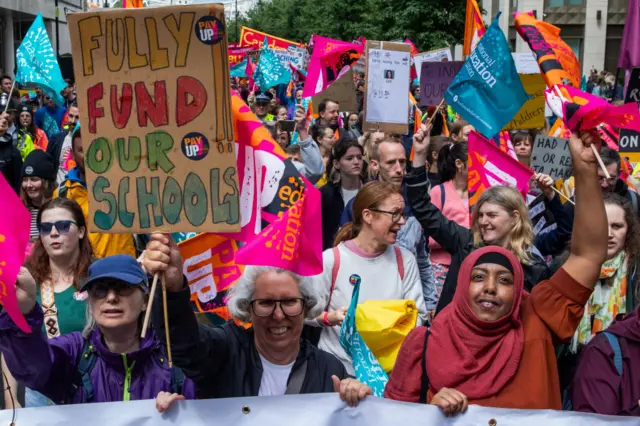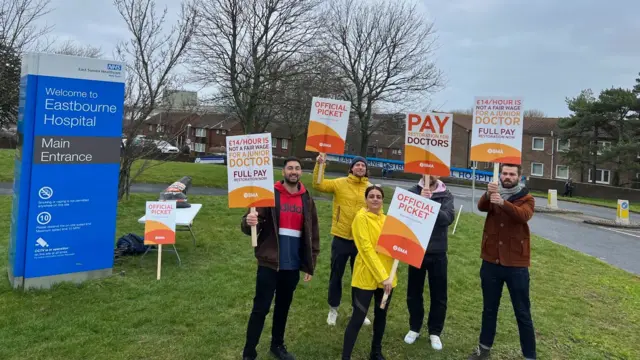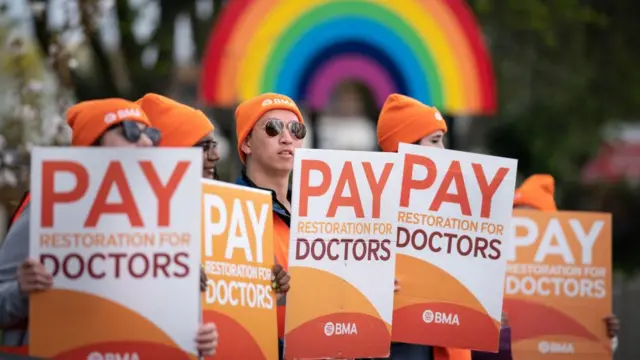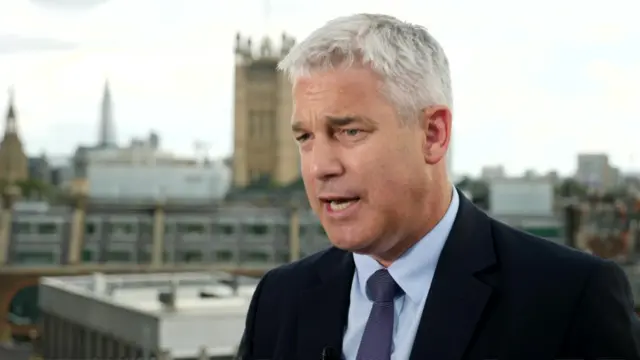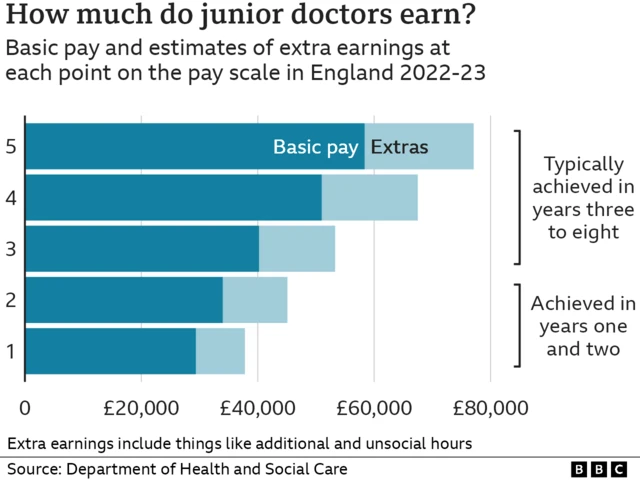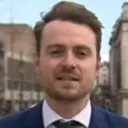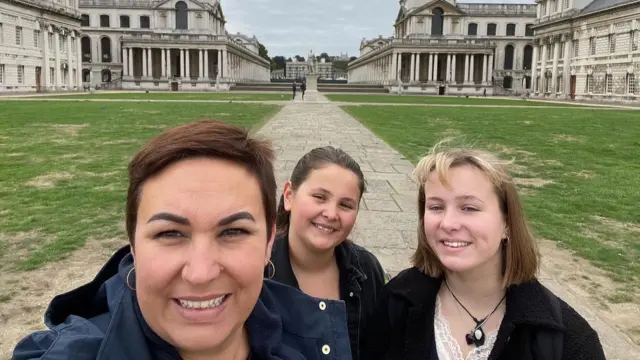Thanks for joining uspublished at 20:50 BST 13 July 2023
Heather Sharp
Live reporter
We're now ending our live coverage of the government's pay offer to more than a million public sector workers, but there's lots more to read.
- Our story with details of the pay rises across the public sector is here
- For a look at whether the increases will feed inflation, take a look at this explainer
- Our story on why the offer is likely to signal the end of the teachers' strikes in England here
- There's a report with the latest on the junior doctors strike here.
- And our political correspondent Iain Watson's interview with Unite leaders Sharon Graham is here
This page was edited by Heather Sharp, Francesca Gillett and Marita Maloney. The writers were Lauren Turner, Gem O'Reilly, Andre Rhoden-Paul, James Harness, Anna Boyd, Adam Durbin and Emily Atkinson.
